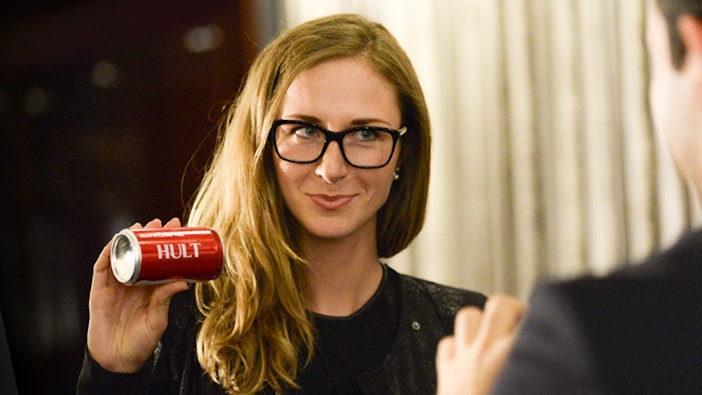You would think that a company like Coca-Cola, with its brand name being the second most internationally recognized term in the English language, might not have much experience of failure. And yet “celebrate failure” was the advice Coca-Cola’s Chairman and CEO, Muhtar Kent, gave Hult Alumni at a networking event in London last month.
The benefits of failing and the lessons learnt from mistakes are increasingly seen as an integral part of necessary risk-taking in business and vital to an organization’s competitiveness and long-term success. As Muhtar Kent said to our alumni gathered in London:
“If I would do anything different in my 36 years of career, then it would be to create an atmosphere which allows mistakes, as you learn so much from mistakes. We are not bold enough to take enough risks, and risk is critical for success. We don’t make enough mistakes. Don’t be afraid of making mistakes; just don’t repeat them. Celebrate failure, not just success – makes a great organization, makes a great family.”
This echoed Arianna Huffington’s speech at Hult Boston in April of this year who shared her personal journey through the highs and lows of running one of the world’s most successful media sites, concluding: “failure is the stepping stone to success.”
Creating an atmosphere that allows mistakes, and developing the skills needed to learn from those mistakes, is an essential part of Hult’s MBA, as recent graduate Stefano Picker testifies to in his blog post ‘Success, Failure – and Fun’. Reflecting on what distinguishes Hult’s MBA from others, Stefano says: “Hult students are given the opportunity to learn one especially valuable lesson: they get to experience both success and failure, over and over again…and learned more from it than any class or textbook.”
The need for business schools to adapt their thinking to a more complex world and impart this attitude and ability to self-reflect is explored by Hult Professor, Olaf Groth, in his article for the Financial Times ‘Arrogant MBA students are a product of role-modeling.’ Certainly the 90+ business leaders we surveyed as part of our research into what top employers are looking for in business school graduates were clear in their assertions that so called ‘soft skills’ such as adaptive thinking, self-awareness, and collaboration, need to become as much a part of what business schools teach as the knowledge and theory.
This was the driving force behind our MBA curriculum redesign that made its debut at the start of this academic year. Our approach to integrating these skills into our curriculum and providing a safe environment for students to learn valuable lessons from their failures, as well as successes, is why Muhtar Kent called us out at the Alumni event in London as “one of the world’s leaders of equipping and inspiring tomorrow’s captains of industry”.
If you would like to find out more about Hult’s global business programs, download a brochure here.
Hult offers a range of highly skills-focused and employability-driven business school programs including a range of MBA options and a comprehensive one year Masters in International Business. To find out more, take a look at our blog Student stories: Our internship experience. Download a brochure or get in touch today to find out how Hult can help you to learn about the business world, the future, and yourself.


